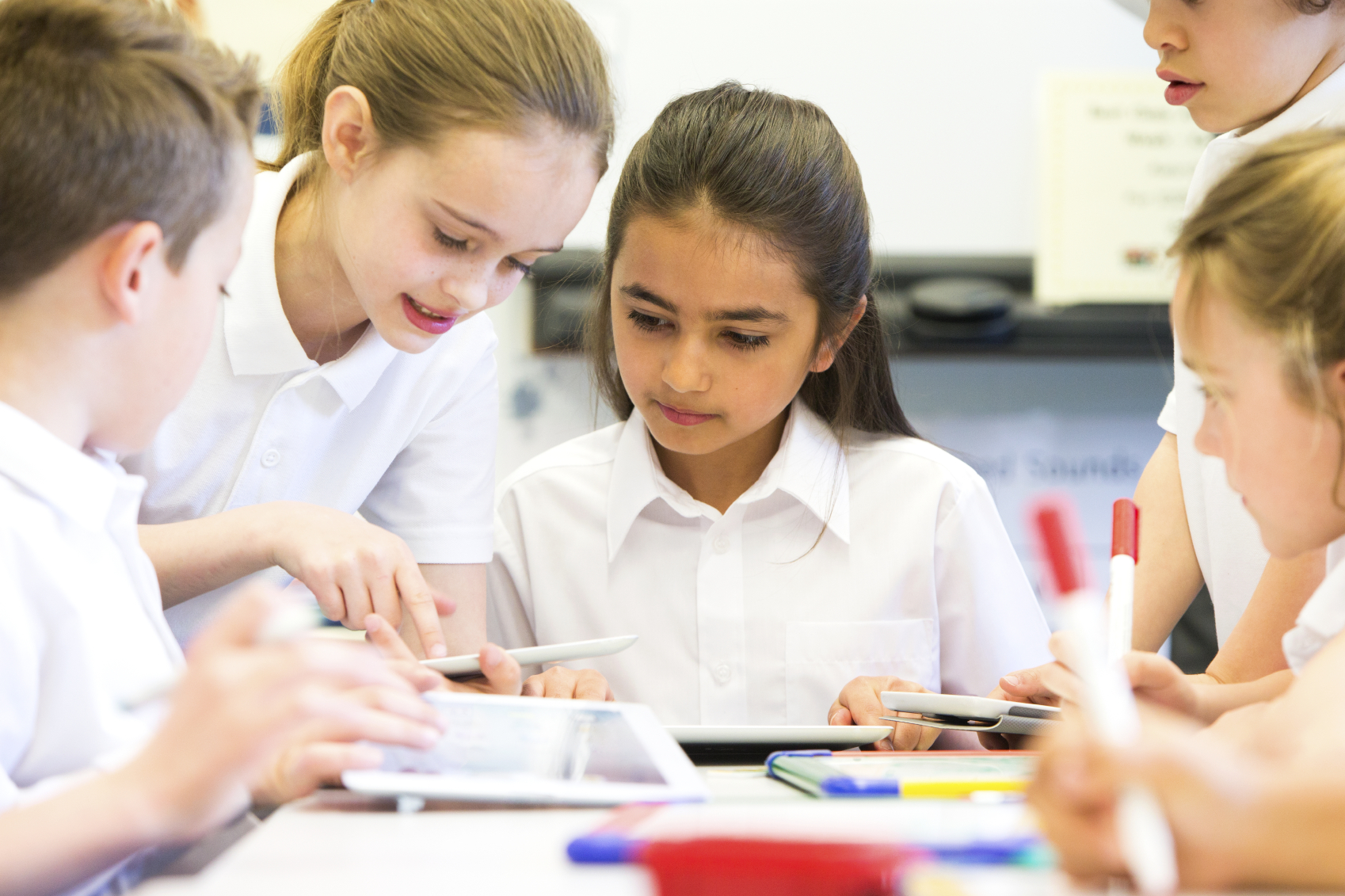
How to study in groups
Provides practical suggestions on how to study in groups including choosing your group members, avoiding distractions, prepararing yourself, how to start your group study session and more.
Helpful Resources
Outlines the process, leadership tips and common difficulties of group work.
Effective Teamwork
Working in groups is a fact of life. Whether it is in the workplace or in your social life working effectively in groups can mean the difference between failure and success.
Why work in groups?
Student often need to work in groups. While working effectively with others can be very productive and satisfying, it can also be very challenging.
Group work helps you gain experience and understanding about how tasks are often undertaken in the workplace. Successfully completing a group assignment usually means you have acquired many essential skills, particularly communication, analytical and interpersonal, which are highly valued by employers. The ability to listen, question, persuade, respect others' opinions, help, share and participate is of lifelong value.
Working with others also allows assignments to be broken into tasks and the workload to be distributed evenly. By working together, students can bounce ideas off each other and learn from each other. Members contribute different skills, which means the group can achieve more than individual members could on their own.
What Makes a group effective?
For groups to be effective, members need to be able to work together to complete a task. Members may need to communicate in a number of ways: face-to-face, via phone or email or other electronic communication.
When groups are ineffective it is often because they lack focus. The dynamics of the group may be poor, allowing some people to dominate while others contribute little. Where communication is poor, things don't get done. Time spent unproductively can be very destructive and students can feel angry and disillusioned.
Get to know your group
You may or may not have an opportunity to select your group. If you don't know other members, spend some time getting to know each other. Invite members to talk about themselves and exchange addresses; you may be working with students with a diversity of backgrounds and interests. Build a good working relationship.
Establish guidelines
It is important to establish an agreed set of ground rules for the way everyone behaves and interacts as a group. This might include respecting what people say, not talking behind their backs and encouraging open discussion.
Clarify assignment requirements
Working on problems that are too general, not well defined or too large can be difficult. Clarify and agree on the purpose of the project. Then break it down into sub-tasks. Identify what parts can be done independently and what parts are interdependent. You should have an agreed approach in terms of what steps are to be taken and a time line to show when tasks should be done.
Identify skills
A good group will capitalise on the strength of each member. Members of effective groups take on different roles to make sure the team runs smoothly and the goals of the group are achieved. Someone should be delegated to take on a leadership role and be responsible for guiding the process.
It is important to communicate about how to equitably allocate who does what in the group. The group might sort out roles according to members' strengths, skills and preferences. Decide on specific tasks and allocate these to individuals, remember to coordinate interdependent tasks.
Implement the plan
Once you've sorted out the assignment and tasks, you need to agree on how often you should meet. Be sure it's frequent to maintain momentum, although exactly what this means depends on the scale and nature of the task. The group also has to decide on the best way to meet. While face-to-face meetings are generally the most productive, you are likely to find yourself using email, the phone or other means to correspond